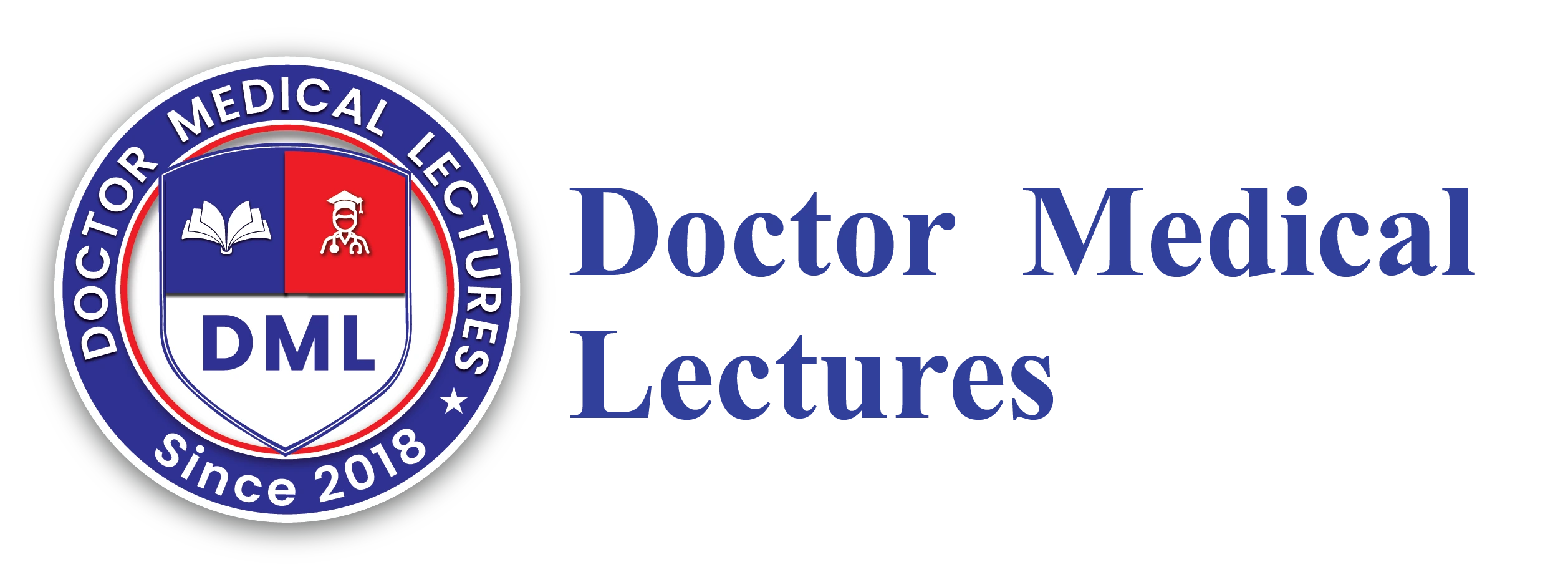Introduction
1 NRE is considered one of the cornerstones of becoming an official medical practitioner, testing your knowledge of basic medical sciences as well as applying them in real world scenarios. While passing can seem impossible at times, proper planning and practice make passing more likely.

Many students experience anxiety when beginning preparations for NRE Step 1. Unsure of how best to approach it or their focus for study, this book can offer solutions. With its structure and tips for study as well as methods of managing time and anxiety effectively so they feel ready when going in for testing on test day! After reading you should feel more prepared than ever for exam success with this exam!
Before beginning serious studies for NRE Step 1,
it’s crucial that one understands its format. NRE step 1 is an online examination consisting of multiple-choice questions on fundamental medical sciences like anatomy and pathology microbiology psychopharmacology psychopharmacology behavioral science etc. Many questions will focus on patient situations encountered within clinical environments so you must become adept at quickly recognizing scenarios so as to find appropriate solutions most suited to you personally.
This test evaluates your knowledge of your body and its functions and processes, while simultaneously testing whether this knowledge can be directly applied in real situations; rather than serving simply as memory recall exercises; rather it acts as an assessment of thinking skills and problem-solving ability. Therefore it’s imperative that when answering these questions you think like a healthcare provider.
Formulate an Effective Study Plan
Achieve success begins by devising an actionable study plan tailored to you and your lifestyle. Determine when it would be most efficient for you to sit an exam (3 – 6 months is usually enough time!) Then identify each topic within this theme, divide time evenly among them, and focus particularly on areas which present difficulty.
Make daily goals which are realistic and manageable; don’t set excessively large objectives that exceed what can be accomplished within one day. Reflect upon what you have learnt over each week; schedule time for revision as part of practice tests in your course; keep a flexible mindset should something go awry – staying focused will pay dividends!
Quality Is of Utmost Importance When Preparing for an NRE Step 1 Exam Quality is more essential than quantity when selecting educational sources to prepare for an NRE Step 1 examination. Materials should align with current curriculum in order to best prepare you. Read widely-read books as they stay current while videos may aid learners who learn best via visual aids.
Consider flashcards as an efficient review method; many apps offer NRE flashcards. Incorporating practice questions will increase confidence when answering test-like situations; it doesn’t just take reading about something to apply it – these elements of knowledge must also be integrated.
Be flexible in the approach you take for learning. Reading can often help, while watching videos or answering questions may stimulate thought process while aiding memory retention. Mix up learning styles while keeping memory fresh! It will keep the process moving along quickly while keeping memories intact!
Importance of Practice Exams
Mock exams provide you with the ideal way to familiarize yourself with testing environments and manage time effectively when taking an exam. Set goals every two weeks after finishing initial review to successfully pass all sections successfully each time!
Exams like these reveal areas for improvement in your exams, showing where you have struggled and any subjects you weren’t understanding correctly – helping improve scores over time. They may even reduce anxiety – practicing mock exams regularly can make test day less daunting!

Stay focused in this last month of classes to answer all remaining questions for your course, working to understand more problems as time progresses and increasing your understanding. By making progress more tangible than before, your understanding will grow even faster!
Staying Current
Medicine continues to advance at an unprecedented rate. New findings and guidelines in research emerge on an almost weekly basis, making it essential that research content stays up-to-date. One method for keeping informed can include keeping tabs on trusted medical websites or joining study groups which offer opportunities for discussing recent findings.
An up-to-date knowledge base gives you an edge, providing answers for current practices in clinical environments and equipping you with knowledge for dealing with new healthcare systems.
Be certain to review all current rules prior to taking an exam – this demonstrates your dedication and shows other people you care.
Maintain Your Health
A well-rested body is crucial to the success of any studies. When your mind and body tire out during research, challenges arise that could result in its failure. Rest is of vital importance – aim for at least seven hours each night of restful slumber so your brain remains fresh for faster learning with improved memory power.
Make sure that you consume nutritious meals by including fruits, vegetables, and proteins into your daily diet plan. Reduce sugary snacks or eating too many junk snacks wherever possible while drinking plenty of fluids each day. Keep active by going for walks for at least an hour daily or participating in stretching exercises; both activities can improve mental focus.
Stress can wreak havoc with exam performance.
Learn to effectively manage it: deep breathing or meditation may offer relief; calling loved ones when feeling nervous could also provide comfort; mental wellness must also be prioritized!
Students often make common errors during exam preparations, attempting to bypass challenging topics they feel will pass unnoticed; overfocusing on studying without paying enough attention to practiced questions; or even competing unfairly among themselves and becoming disheartened compared with peers; all these should be avoided as much as possible to achieve successful exam performance.
Be wary of bad behaviors.
Anticipate possible weak areas and prepare accordingly, remaining mindful while practicing no matter if success comes easily at first attempts. Keep practicing regardless of initial success: everyone develops at their own pace – stay on the journey you have begun by slowing down and studying smart!
Mistake #2 is failing to review.
Even if you learn something today and then forget it in an exam later this week, be sure to set aside time each week specifically for reviewing what was learned! Be sure to set an alert reminder so you won’t forget!
As test day nears, be sure to prepare by familiarizing yourself with its exact address, documents necessary for takeoff, confirmation email and ID card number.
Make an early start and give yourself enough time for rejuvenation before entering an exam, by eating light breakfast and dressing comfortably; arriving promptly to reduce stress during test administration; once completed, feel relaxed once it has concluded and should feel at home on test day itself; any difficult questions should be set aside and returned to later; don’t allow one mistake ruin your confidence level!
Utilize any free time available. Take deep, slow breaths while sipping some water and relaxing, your focus and energy can make an important statement about who you are; on testing day everything counts!
Conclusion
Preparing for an NRE Step 1 exam may seem intimidating at first; but it can actually become an opportunity to show your skill and tenacity! By employing effective strategies along with high-quality tools to keep concentration sustained throughout, developing an efficient study plan and keeping healthy while following it as part of a disciplined routine, success should come your way if you believe in yourself and trust in your abilities to deliver!
FAQs
Q.1Won’t Provide Answers What are the criteria for taking the NRE Step 1 Exam?
NRE Stage I is an examination administered on computers using multiple-choice questions that cover human anatomy, pathology and pharmacology as examination subjects. You must use your knowledge in answering such queries accurately in order to reach a decision when answering such queries.
Q.2When should I begin preparations to pass NRE 1 and 1A exams?
Most students require three to six months for preparation of an examination, so it is advisable to create an outline of your learning program according to your timetable and allow ample room for review as well as practice tests.
Q.3What should I do if I feel overwhelmed while planning?
Anxiety can be managed successfully. Take regular, deep breaths and schedule regular breaks throughout your day for maximum benefit; seek support if stress becomes overwhelming – your mental wellbeing shouldn’t ever go neglected!
Q.4Do I possess the capacity to pass the exam on the initial attempt?
Students typically pass their tests on their first attempt; to be successful it’s vital that students remain consistent, understand subjects in depth, practice regularly on them and don’t rush through exams; rather take your time concentrating and consider your physical wellbeing when studying.
Q.5What steps can I take to maintain focus during my school term?
Set small goals, celebrate when they’re accomplished and stay positive about yourself as your progress advances. Join a study club if group discussion appeals – your motivation increases each time improvements appear or progression is noticed – be sure to track it weekly!
